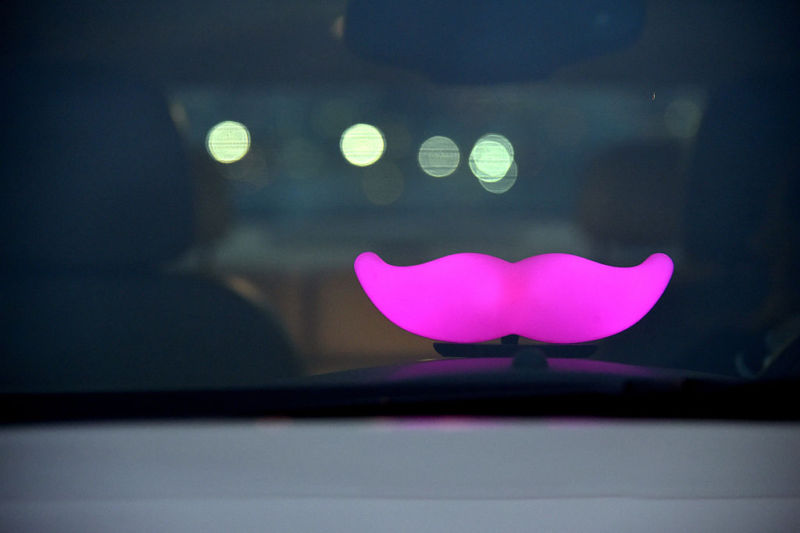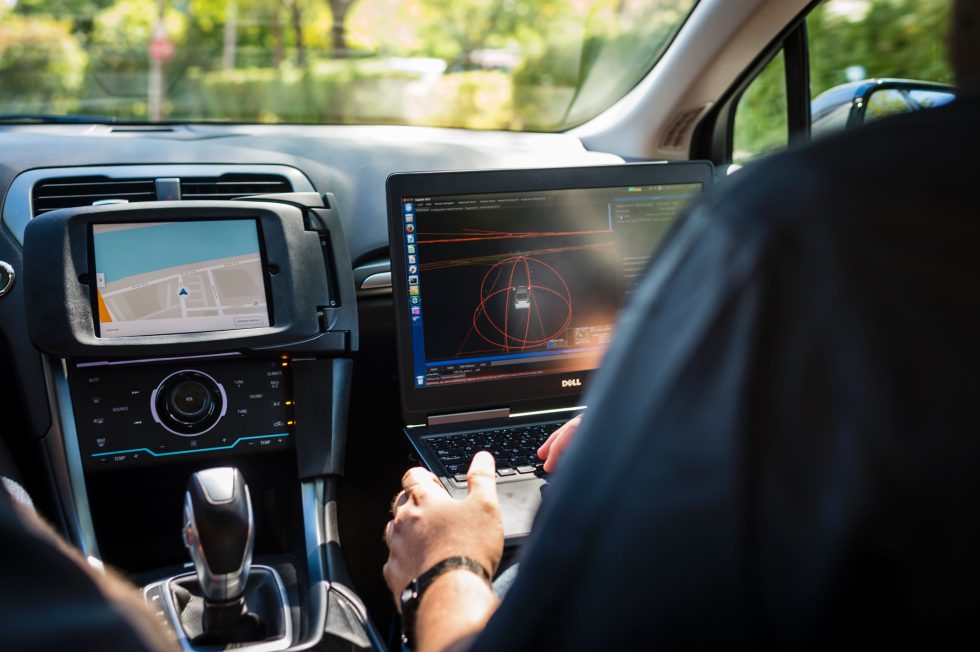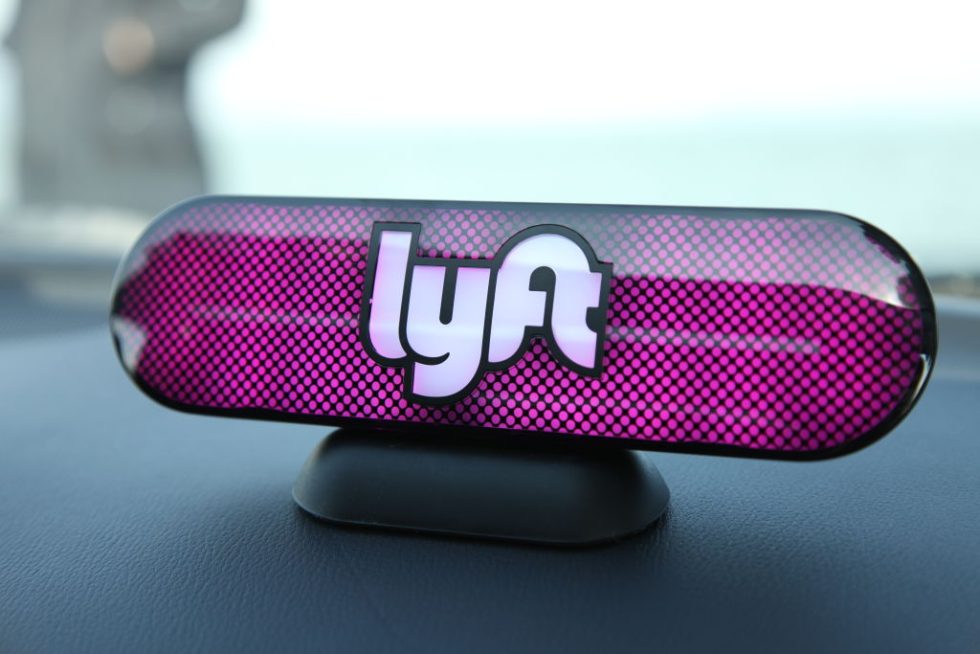
On Thursday, Lyft announced a new self-driving car partnership with the Mountain View-based startup Drive.ai. In the coming months, Lyft customers in San Francisco will occasionally have their hails answered by Drive’s experimental self-driving cars—albeit with a safety driver in the front seat.
On its own, this isn’t huge news. Drive.ai is not a well-known company and the deal will initially involve only a handful of cars. But the announcement illustrates how Lyft is positioning itself to win the autonomous vehicle wars of the coming decade.
Tesla and Uber want to be the Apple of self-driving cars

Many experts expect that ride-sharing will be a major part of the self-driving car business. With no need to pay drivers, ride-sharing services can be a lot more affordable than taxis are today. And a ride-sharing approach will allow companies more flexibility in when, where, and how they roll out self-driving technology.
If that’s true, then success in the self-driving market will require combining three key elements: the cars themselves, self-driving software and sensors, and a ride-sharing network. The leading companies in all three of these markets are trying to position themselves to be dominant players in a self-driving future.
Two of the most prominent technology companies playing in this market, Uber and Tesla, are aiming for a vertically-integrated strategy. In Elon Musk’s vision of the future, customers will pull out a Tesla-branded app to hail a Tesla-built car running Tesla-designed self-driving software. Similarly, Uber envisions a future where customers will use their Uber app to hail Uber-owned cars running Uber-designed self-driving software.
Other major companies in the market haven’t tipped their hands yet, but there are signs that several others will go in this same direction. GM has a Zipcar-like car rental service called Maven that could evolving into a ride-sharing network, and it also bought the ride-sharing startup Sidecar last year. Waymo is widely expected to launch its own self-driving network—perhaps based on the pilot project it is conducting in Phoenix right now. BMW and Ford have—or will soon have—ride-sharing networks of their own.
In short, a lot of companies are aiming to be the Apple of self-driving cars, offering a vertically integrated product where one company controls multiple levels of the technology stack—the ride-sharing network, the self-driving technology, and in some cases the car itself.
Lyft wants to be the Android of autonomous vehicles

In contrast, Lyft is pursuing a strategy that’s something like the Android strategy Google pursued a decade ago: offering a recognizable brand and an open technology platform that’s available for use by a bunch of different partners.
No one knows which companies or technologies will win the self-driving market in the coming decade. The beauty of Lyft’s strategy is that Lyft doesn’t need to answer these questions ahead of time. By making deals with a wide range of companies, Lyft improves its odds of being a key player regardless of how the market shakes out. Standing between customers and a wide range of self-driving car companies, it will be easy for Lyft to take a modest cut of every ride.
Lyft took a $500 million investment from GM last year, and the two companies will reportedly add thousands of self-driving Bolts (probably with safety drivers at first) to the Lyft network in 2018. It has signed a deal with Waymo to test self-driving cars on its network, too.
Of course, as we’ve seen, GM and Waymo may try to launch their own ride-sharing networks. That’s why deals with smaller companies are important to Lyft’s strategy. By working with smaller companies that don’t have strong brands of their own, Lyft ensures it will have a strong offering even if the big guys pull out of Lyft’s network. And it’s possible that one of those startups will beat Waymo, GM, and other major players to market.
In June, Lyft announced it was partnering with nuTonomy, a Boston-area self-driving startup that was spun off from MIT. While not widely known by the general public, nuTonomy has a strong reputation in the self-driving world and has been testing self-driving cars in Singapore since last year.
Now it’s adding Drive.ai, another self-driving startup that’s well-respected in the self-driving world but not a household name.
[“Source-timesofindia”]




